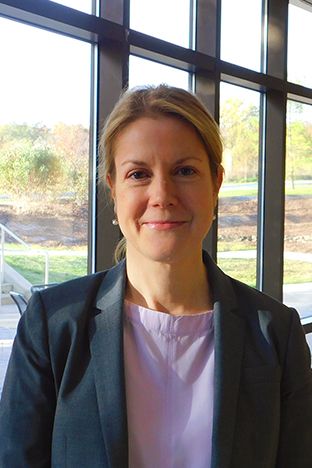[...]
"I think this is the first report of a sex difference in lunar cycling," Helen Burgess, Ph.D., co-director of the Sleep and Circadian Research Laboratory at University of Michigan Health, told Salon.
Burgess agreed with Benedict that current research suggests that the moon's light and its gravitational effect on Earth is believed to cause changes in human health.
Though unusual, the idea that the moon might have a dramatic effect on animal biology, including humans, is not far-fetched. A seabird known as Barau's petrel synchronizes its breeding schedule so that it will arrive to mate on a full moon; dung beetles use the moon to make sure they move their meals in a straight line; Crustaceans known as sand hoppers have a moon compass in their antennae so they'll know when to stay buried; and coral polyps in the Great Barrier Reef will begin their mass spawning according to moon cycles.
Burgess also cited a study published in the journal Science Advances earlier this year (about all people, not just men) as "the best study on this so far"; that study found that "the main effect appears to be that around the full moon we go to bed later."
Burgess added that not everyone has sleep patterns which change based on the lunar cycle. Indeed, various studies have found that this affects less than half of people.
[...]





